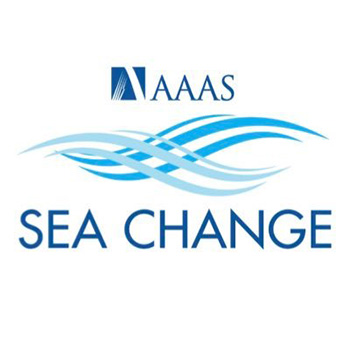Campus News
UC Santa Cruz joins AAAS Sea Change initiative
UC Santa Cruz has joined the American Association for the Advancement of Science’s SEA Change initiative in a public commitment to systemic transformation into more diverse, equitable, and inclusive spaces where the full range of talent can succeed in science, technology, engineering, mathematics, and medicine.

UC Santa Cruz has joined the American Association for the Advancement of Science’s SEA Change initiative in a public commitment to systemic transformation into more diverse, equitable, and inclusive spaces where the full range of talent can succeed in science, technology, engineering, mathematics, and medicine.
UC Santa Cruz is one of five new charter members of the initiative, joining seven other institutions around the country that announced their involvement in SEA Change in 2020.
One of the most challenging issues facing higher education today is cultivating diverse campus communities that are truly equitable, accessible, and inclusive. Achieving this goal has proven to be especially difficult in STEMM fields (science, technology, engineering, mathematics, and medicine), where bias, marginalization, and exclusion on the basis of gender (including identity and expression), race, ethnicity, disability status, socioeconomic status, sexual orientation, age, familial history of higher education, as well as the intersections between these identities, have prevented the full engagement of all individuals.
UCSC Chancellor Cynthia Larive highlighted the importance of qualitative improvements in diversity, equity, and inclusion by expanding a sense of belonging and creating pathways for support that are easy for students, faculty, and staff to navigate.
“That’s part of an inclusive climate: reducing the barriers to helping people access and get what they need from the university,” Larive said.
SEA Change—short for STEMM Equity Achievement—was launched in 2018 to support institutions as they undertake an in-depth self-assessment process to identify barriers to diversity, equity, and inclusion for their students, faculty, and staff members. The institutions then create individualized plans to break down those barriers for those excluded or marginalized based on gender, race, ethnicity, disability status or any other aspect of identity that has been a source of bias in STEMM.
Many other programs in support of diversity, equity, and inclusion have similar goals, but the approaches differ significantly. SEA Change takes a systemic approach, rather than putting the onus on people who have faced discrimination or marginalization.
Through their self-examination and action planning, college and universities seek to improve upon their starting point—which is different for every institution. SEA Change charter members also join a growing community, one that values collaboration rather than competition as participants pursue their goals.